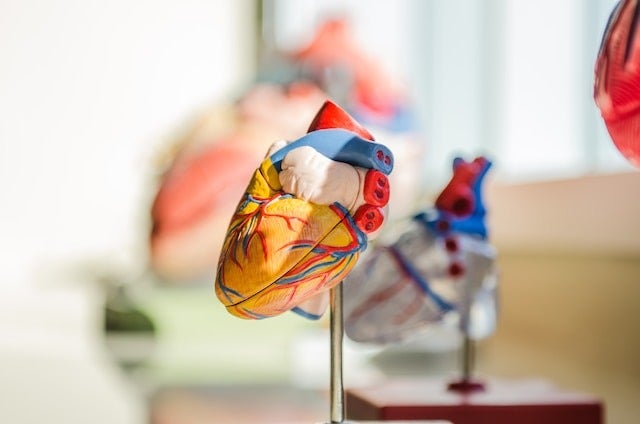
Supira Medical, a company of medical technology incubator Shifamed, has received the US Food and Drug Administration (FDA) breakthrough device designation for its Supira System.
The Supira system is a next-generation percutaneous ventricular assist device (pVAD) designed with a novel low-profile, high continuous flow design.
The system is intended to provide full hemodynamic support initially for high-risk percutaneous coronary interventions (HRPCI) and subsequently for cardiogenic shock (CS) patients.
It features a 10F profile, designed to reduce vascular complications, and multiple sensors to provide real-time pressure measurements, all in a single device platform.
Supira Medical president and CEO Nitin Salunke said: “We are thrilled to have received breakthrough device designation and pleased to have the strong, continued support from our investors, both significant milestones for the company.
“Early clinical experience with the Supira System has demonstrated that physicians see tremendous clinical value in Supira’s low profile, high continuous flow design, including the system’s sensors intended to collect real-time aortic and ventricular pressures.”
The FDA breakthrough device designation comes at a time when the company has secured $40m in Series D financing and is preparing to begin its US clinical programme.
The financing round was led by the US-based investment management company Cormorant Asset Management and The Capital Partnership (TCP).
It has also seen participation from 415 CAPITAL, AMED Ventures, PA MedTech VC fund, Unorthodox Ventures and Shifamed angel investors.
Supira intends to use the funding to expand its ongoing enrolment in the OUS studies, and plan for US studies, and prepare for the clinical study submission in the US.
Cormorant Asset Management founder and managing member Bihua Chen said: “Although temporary mechanical circulatory support is common in the treatment of high-risk patients, challenges remain that limit physician adoption and patient access.
“We are pleased to lead this round and believe that Supira’s technology has the potential to disrupt the standard of care for the large and growing HRPCI segment of the interventional cardiology market.”



